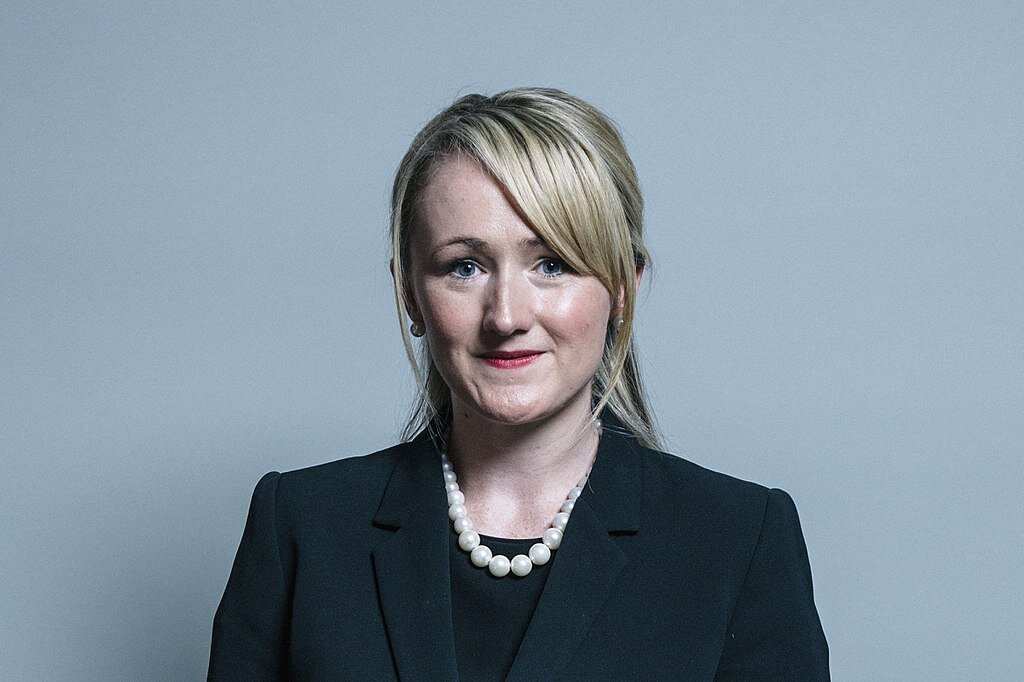Rediscovering Labour’s broad church
The civil war that has raged in the Labour Party since Jeremy Corbyn became leader in 2015 must end. As Abraham Lincoln said: a house, divided against itself, cannot stand. Or as David Runciman has said several times: divided parties do not win elections.
Corbyn and his allies fought hard in the civil war against much of the Parliamentary Labour Party, some of the members and lots of media commentators who were opposed to him. However, despite fighting hard he didn’t win the civil war and so it dragged on like a millstone around his neck, weighing him down when he needed to rise in the polls.
Corbyn didn’t win the civil war because it's unwinnable. The only way it could end would be if the leader had the power to purge everyone from the party who disagreed with him. One should not have that power. Only authoritarians can decisively win civil wars. Just ask Oliver Cromwell.
The civil war has rumbled on into the race to succeed Corbyn as Labour leader. After that, it must end if Labour is to stand any chance of winning power and helping the people who have been suffering under what will have been 14 years of Tory rule when the next election comes around. The new leader, even if it’s Rebecca Long-Bailey, will need to come to an accommodation with those in the party who opposed Corbyn.
The acceptance of Labour as a broad church
This accommodation needs to be rooted in the idea that Labour is a broad church that tolerates a range of opinions. This is said a lot, at times by people who used it as a justification to undermine the Labour leader, but it remains true.
The left of the party needs to put an end to the purity tests that alienate lots of people. No one wants to be in a snobbish club that looks down on people who don’t meet an exacting standard. Especially as this standard is often measured in how outraged someone can be on Twitter or in Facebook groups. If someone thinks Tony Blair did a good job as Prime Minister (leaving aside the war in Iraq) then it’s fine for them to be in the Labour Party. Purity tests put people off.
All sides and groups in the Labour Party are guilty of setting purity tests and taking delight in excluding people. Every group is guilty of admonishing someone for expressing doubts about Corbyn’s leadership or that the party is too Remain-y. Too often the factions in the Labour Party have defined themselves more by who they are not than who they are. It’s worth remembering that Blair talked about his vision for socialism when he was running for Labour leader in order to win the support of a membership who are, broadly, socialists. It’s difficult to imagine Jess Philips doing this.
The Labour Party should stand for socialism
Today, as in 1994, the Labour Party is, broadly, a party of socialists. Socialism is difficult to precisely define but, like many political philosophies, you know it when you see it. Socialism can take many different forms and there is room for different interpretations in the broad church of the party. As I said, Blair had a vision for what socialism was in the early 1990s. It’s not a vision I agree with, but it falls within the spectrum of Labour party socialism.
However, socialism can’t mean anything. It can’t be twisted to stand for expanding the reach of markets or from allowing massive inequality. There are things which are not Labour. If you want these things then I would politely suggest that you join another party.
So what is socialism, if it can’t be anything? Ask 100 socialists, or Labour Party members, and will get 100 answers. For me, it boils down to two things: skepticism of markets and striving for greater equality.
Striving for greater equality
Skepticism is of markets means markets needs to be managed if we want to ensure a fair distribution of goods and services. Free markets that are allowed to run riot don’t do this. We can see this from the housing market in the UK to the healthcare market in the USA. It’s worth remembering that even New Labour intervened in markets (such as the minimum wage in the labour market) to ensure some measure of fairness.
The Labour Party should also strive for greater equality. This means, where possible, looking for ways to make society fairer and for wealth and power to be more evenly distributed. This is vague and it's up to the leadership candidates to flesh out what this will mean in practice, but it summarises the core of what Labour should be.
The commitment to strive for ever greater equality needs to be social as well as economic. The Labour Party needs to be committed to social liberalism, equality and inclusivity. Labour must stand up against racism, homophobia, sexism, Islamophobia and other forms of prejudice. This includes Antisemitism, which Labour has been lacklustre in standing up against.
Personal and social freedom
The Labour Party should stand for personal and social freedom, whilst also acknowledging the limits of these freedoms. For example, the Labour Party should defend free speech, whilst acknowledging that it's not okay to racially abuse someone. In striving for greater fairness, Labour should stand for a more economically equal society and one free from prejudice.
There is plenty of room for a broad church within what I have outlined above. My personal views are a lot more prescriptive than what I have described above. I'm happy for there to be people in the Labour Party who I disagree with me, as long as we’re all committed to the broad goals outlined above.
Labour needs to remember it's a broad church to end the civil war that is keeping us from office. We need fewer purity tests and more inclusiveness. Debate is a positive thing, but factional warfare is not. Labour needs to stand for a fairer, more equal, less hateful society, which we can be achieved if we stand together.
Labour Party picture taken by Andrew Skudder and used under creative commons.









